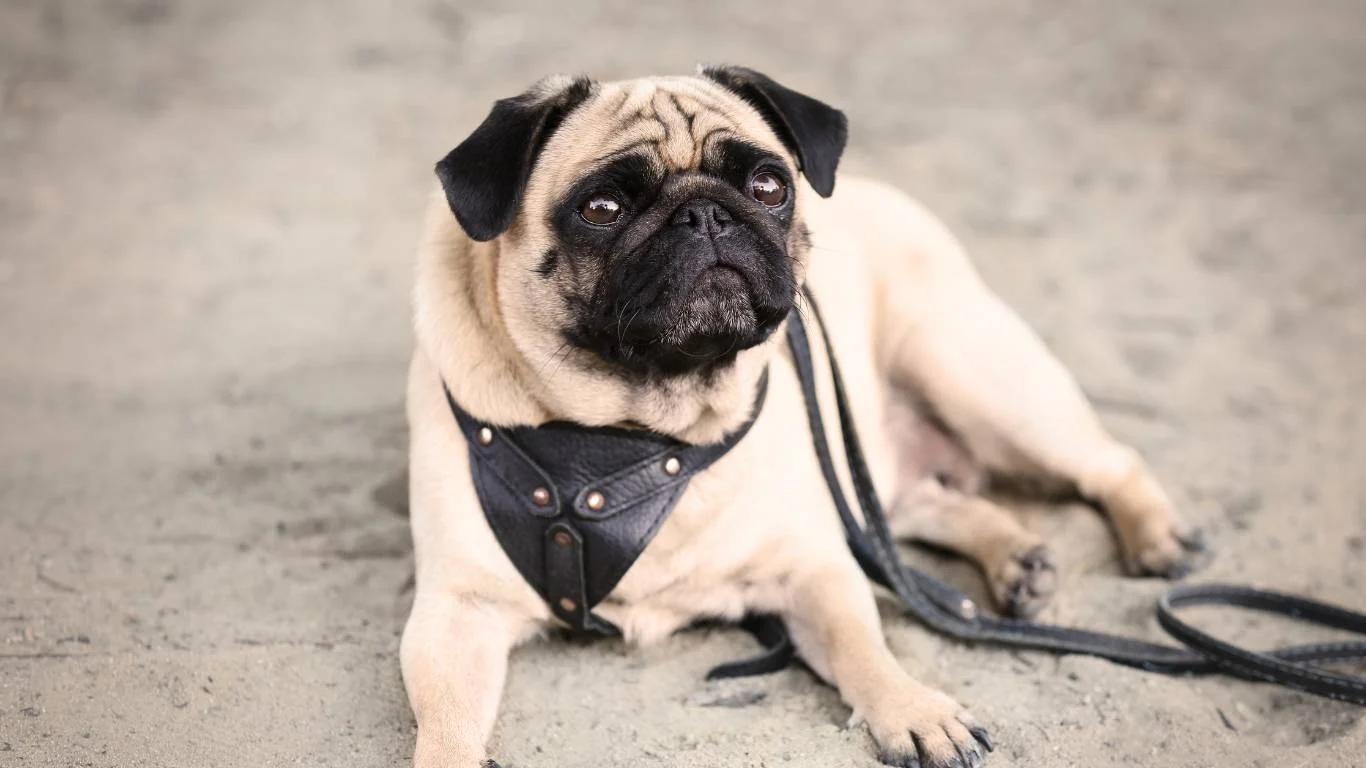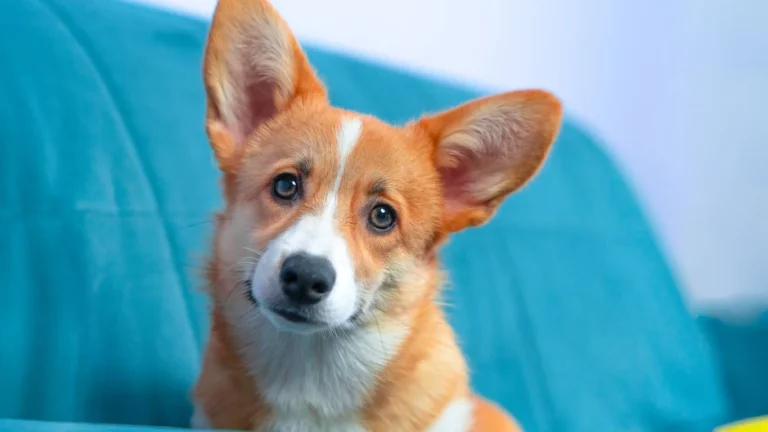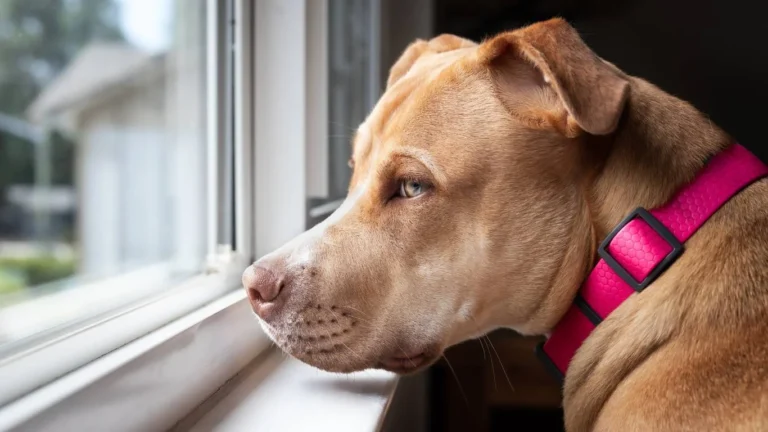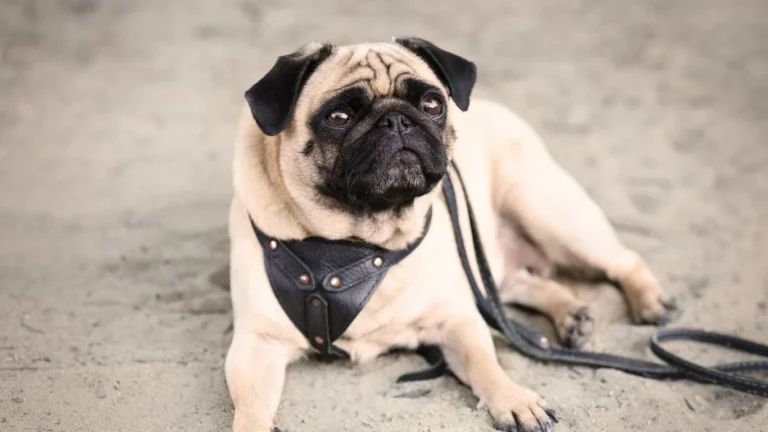Excessive sneezing in dogs could signal hidden health problems
Week 1: Gently Observe & Record
Start by paying close attention. Note when your dog sneezes more—after walks, during play, next to cleaning products, or first thing in the morning. Record details:
- Time of day and frequency
- Triggers (grass, dust, new scents)
- Other symptoms (discharge, coughing, appetite)
Why this matters: Veterinarians like Dr. Lois Palin emphasize tracking patterns to help pinpoint if sneezing is playful or serious.
Week 2: Tackle Environmental Irritants
If your notes suggest triggers like dust, pollen, or strong odors, take action:
- Vacuum regularly and reduce dusty or mouldy spots.
- Pause use of air fresheners, scented candles, or new cleaning agents.
- Run a humidifier or steam up the bathroom for 5–10 minutes to soothe nasal passages.
Expect sneezing to lessen if irritants were the primary issue. If not, don’t worry—Week 3 will take you deeper.
Week 3: Trial Allergy Response
Many dogs suffer from atopy—seasonal allergies to pollen, dust mites, or mould. According to veterinary sources, environmental allergies can manifest as sneezing, nasal discharge, even itchy skin.
- Keep windows closed during high pollen days.
- Wipe your dog’s paws and face after outdoor time.
- Consult your vet about antihistamines like cetirizine or over-the-counter Benadryl—do not medicate without vet advice!
Goals: Reduce allergy-driven sneezing; help your pup feel more comfortable.
Week 4: Address Congestion & Discharge
If sneezing persists, check for nasal discharge. Clear mucus often suggests viral infection; yellow or green suggests bacterial causes.
- Use a warm, damp cloth to gently clean nasal discharge.
- Continue humidifier/steam use.
- If the nose remains congested or discharge is colored, schedule a vet appointment.
You’re doing great—this stage helps you decide if professional care is needed.
Week 5: Investigate Medical Causes
If issues persist beyond 4–5 weeks or discharge, blood, lethargy, or appetite loss appear, deeper causes may be at play:
- Foreign objects: Grass awns, seeds—common causes of severe sneezing.
- Dental issues: Root abscesses can irritate nasal passages.
- Infections: Bacterial or fungal, may need antibiotics or antifungals.
- Tumors or nasal growths: Though rare, senior dogs with nosebleeds or persistent sneezing may need scans or biopsies.
- Nasal mites: Uncommon but treatable with medication.
Your action: Book a vet consultation. This is a proactive step toward ensuring your dog’s health.
Week 6: Follow Vet Recommendations & Treat
Based on diagnostic findings, your vet might suggest:
- Removal of foreign objects (via sedation/endoscopy).
- Antibiotics, antifungals, or antiparasitic drops.
- Dental work to treat root abscesses.
- Surgical removal or management of polyps/tumors.
- Allergy immunotherapy or medications.
Stick to the treatment plan. Regular medications and follow-ups are key. You’re giving your dog the best chance at recovery.
Weeks 7–8: Reassess & Refine
After treatment starts, observe your dog’s progress:
- Sneezing frequency and severity—track daily.
- Presence of discharge or nosebleeds.
- Energy levels, appetite, playfulness.
If things improve, celebrate! If not, revisit your vet—further diagnostics like CT scans or biopsies may be needed.
Maintenance & Long-Term Wellness
Once resolved, ensure ongoing comfort and health:
- Keep your home clean and allergen‑controlled.
- Use air purifiers and steam/humidifiers in dry seasons.
- Continue veterinary dental check-ups.
- Stay alert to sneezing relapses—especially during seasonal changes.
- Keep vaccinations (like kennel cough) current.
Maintaining this routine supports your dog’s long-term respiratory and overall health.
Expected Benefits & Goals
- Clear, symptom-free breathing for your pup
- Better sleep, appetite, and playful energy
- Peace of mind knowing you’ve addressed the root cause
- Stronger bond with your dog built on attentive care
By sticking to this plan, you’re showing expert-level love and care—helping your dog feel safe, happy, and sneeze-free.
This article is guided by veterinary knowledge and reputable sources to give you confidence and clarity. You’re doing a wonderful job as a pet parent—keep going!






